South Africa: ANC in chaos after Jacob Zuma sacks finance minister
Sat 01 Apr 2017, 19:41:36
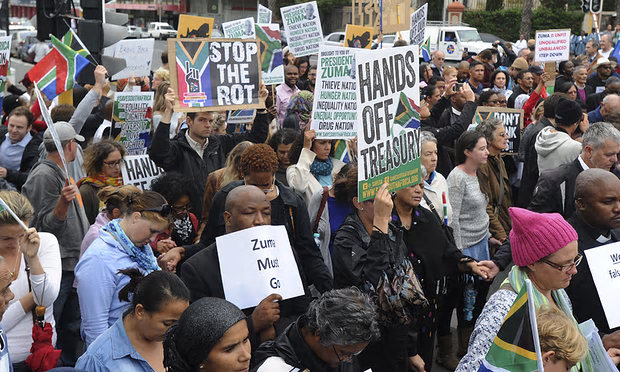
South Africa is facing a political crisis after its president, Jacob Zuma, sacked his respected finance minister in an overnight cabinet purge.
The dramatic move late on Thursday night sent the national currency plunging, outraged business leaders, and pitched the ruling African National Congress party into chaos.
The dramatic move late on Thursday night sent the national currency plunging, outraged business leaders, and pitched the ruling African National Congress party into chaos.
The ANC, which came to power in South Africa under Nelson Mandela in the 1994 elections, now faces one of its biggest tests since leading the struggle against the apartheid regime.
Pravin Gordhan, who learned of his removal via the media, was widely seen as a competent manager of one of the world’s most important emerging economies.
South Africa has struggled to deliver growth in recent years and to improve the lives of millions of its poorest citizens.
Gordhan’s replacement, 45-year-old Malusi Gigaba, the current interior minister, is a Zuma loyalist with no business or financial experience.
The divisions within the ANC, which dominates parliament but lost power in key cities in local elections last year, were underlined by an unprecedented verbal attack on Zuma from the country’s deputy president, Cyril Ramaphosa.
“I told him that I would not agree with him,” Ramaphosa said. “There are quite a number of other colleagues and comrades who are unhappy about this situation … The minister of finance … was serving the country with absolute distinction. For him to be removed … is to me unacceptable.”
Zuma, 74, said in a statement the reshuffle was intended “to bring about radical socioeconomic transformation and to ensure that the promise of a better life for the poor and the working class becomes a reality”.
On Friday Zuma gave a short speech in the poor Eastern Cape province, reportedly telling the audience his administration was “very busy trying to fix what is wrong with the country”.
Gordhan, a veteran of the fight against apartheid, told reporters that South Africans should to revive the spirit of that struggle and “organise” against political corruption and mismanagement. He dismissed an intelligence report cited as a pretext for the move as “absolute nonsense”.
The report accused him of holding secret meetings to undermine the government during a trade trip in London this week. “We hope more and more South Africans would make it clear that our country is not for sale,” Gordhan told reporters.
Zuma’s move has been variously interpreted as an attempt to install a minister who would allow populist measures which would reverse the electoral fortunes of the ANC blocked by Gordhan; to gain control of the finance ministry to allow deals favoured by allies in the south African business community; and to control the selection of his successor.
The veteran activist and politician will step down as ANC president later this year.
His replacement is likely to lead the country if, as widely predicted, the party wins elections due in 2019. Many pundits say the ANC may win less than 50% of the vote, which would be a major blow.
Nkosazana Dlamini-Zuma, the president’s ex-wife and former African Union chief, is Zuma’s preferred candidate to succeed him. She may be able to shield him from looming graft charges after he is out of office, but she has little support among the ANC’s electoral base.
Analysts say Zuma has struggled to live up to the standards of previous leaders of the ANC, such as Mandela and Thabo Mbeki, who was president from 1999 to 2008. “Compared to past ANC leaders, Zuma falls far short – and he’s aware of it and extremely sensitive,” said Mari Harris, a political analyst at Ipsos South Africa. “He’s tried to purge his cabinet of people who are opposition and put in a lot of yes-men.”
Zuma has repeatedly been accused of corruption, with intense scrutiny of his ties to a family of local tycoons. He has denied any wrongdoing.
Support for Gordhan from several ministers and major foreign investors, as well as many ordinary South Africans and veterans of the anti-apartheid struggle, made it difficult for the president to move earlier.
Gwede Mantashe, the ANC secretary general, said the way in which the cabinet reshuffle had been handled had made him “uncomfortable”. He said: “The president came with a list. [He] said, ‘you can comment if you want to comment, but this is my decision’.”
The outgoing finance minister received a standing ovation at the funeral of Ahmed Kathrada, one of South Africa’s leading anti-apartheid activists on Wednesday, as longtime ANC leaders including Winnie Madikizela-Mandela, ex-wife of Nelson Mandela, called for Zuma to step down.
The crisis may offer South Africa’s two main opposition parties an opportunity to make inroads into the ANC’s core support. The far-left Economic Freedom and the centre right Democratic Alliance said they would make a no-confidence vote in parliament. The ANC has a near two-thirds majority in the 400-seat national assembly and can block any such move to oust Zuma.
The CEO Initiative, a coalition of top businessleaders, said it was “gravely concerned and disappointed by the ill-timed and irrational dismissal”. In a statement, it said: “This decision, and the manner in which it was taken, is likely to cause severe damage to an economy that is in dire need of growth and jobs.”
Some commentators saw a silver lining in the crisis. “Currently, the ANC is deeply fractured and wounded. It has not been a cohesive force for some time. However … the anti-Zuma bandwagon is likely to grow in the run-up to the ANC’s policy conference and beyond,” wrote Mzukisi Qob, an author and expert on the party, on the Daily Maverick news website.
Pravin Gordhan, who learned of his removal via the media, was widely seen as a competent manager of one of the world’s most important emerging economies.
South Africa has struggled to deliver growth in recent years and to improve the lives of millions of its poorest citizens.
Gordhan’s replacement, 45-year-old Malusi Gigaba, the current interior minister, is a Zuma loyalist with no business or financial experience.
The divisions within the ANC, which dominates parliament but lost power in key cities in local elections last year, were underlined by an unprecedented verbal attack on Zuma from the country’s deputy president, Cyril Ramaphosa.
“I told him that I would not agree with him,” Ramaphosa said. “There are quite a number of other colleagues and comrades who are unhappy about this situation … The minister of finance … was serving the country with absolute distinction. For him to be removed … is to me unacceptable.”
Zuma, 74, said in a statement the reshuffle was intended “to bring about radical socioeconomic transformation and to ensure that the promise of a better life for the poor and the working class becomes a reality”.
On Friday Zuma gave a short speech in the poor Eastern Cape province, reportedly telling the audience his administration was “very busy trying to fix what is wrong with the country”.
Gordhan, a veteran of the fight against apartheid, told reporters that South Africans should to revive the spirit of that struggle and “organise” against political corruption and mismanagement. He dismissed an intelligence report cited as a pretext for the move as “absolute nonsense”.
The report accused him of holding secret meetings to undermine the government during a trade trip in London this week. “We hope more and more South Africans would make it clear that our country is not for sale,” Gordhan told reporters.
Zuma’s move has been variously interpreted as an attempt to install a minister who would allow populist measures which would reverse the electoral fortunes of the ANC blocked by Gordhan; to gain control of the finance ministry to allow deals favoured by allies in the south African business community; and to control the selection of his successor.
The veteran activist and politician will step down as ANC president later this year.
His replacement is likely to lead the country if, as widely predicted, the party wins elections due in 2019. Many pundits say the ANC may win less than 50% of the vote, which would be a major blow.
Nkosazana Dlamini-Zuma, the president’s ex-wife and former African Union chief, is Zuma’s preferred candidate to succeed him. She may be able to shield him from looming graft charges after he is out of office, but she has little support among the ANC’s electoral base.
Analysts say Zuma has struggled to live up to the standards of previous leaders of the ANC, such as Mandela and Thabo Mbeki, who was president from 1999 to 2008. “Compared to past ANC leaders, Zuma falls far short – and he’s aware of it and extremely sensitive,” said Mari Harris, a political analyst at Ipsos South Africa. “He’s tried to purge his cabinet of people who are opposition and put in a lot of yes-men.”
Zuma has repeatedly been accused of corruption, with intense scrutiny of his ties to a family of local tycoons. He has denied any wrongdoing.
Support for Gordhan from several ministers and major foreign investors, as well as many ordinary South Africans and veterans of the anti-apartheid struggle, made it difficult for the president to move earlier.
Gwede Mantashe, the ANC secretary general, said the way in which the cabinet reshuffle had been handled had made him “uncomfortable”. He said: “The president came with a list. [He] said, ‘you can comment if you want to comment, but this is my decision’.”
The outgoing finance minister received a standing ovation at the funeral of Ahmed Kathrada, one of South Africa’s leading anti-apartheid activists on Wednesday, as longtime ANC leaders including Winnie Madikizela-Mandela, ex-wife of Nelson Mandela, called for Zuma to step down.
The crisis may offer South Africa’s two main opposition parties an opportunity to make inroads into the ANC’s core support. The far-left Economic Freedom and the centre right Democratic Alliance said they would make a no-confidence vote in parliament. The ANC has a near two-thirds majority in the 400-seat national assembly and can block any such move to oust Zuma.
The CEO Initiative, a coalition of top businessleaders, said it was “gravely concerned and disappointed by the ill-timed and irrational dismissal”. In a statement, it said: “This decision, and the manner in which it was taken, is likely to cause severe damage to an economy that is in dire need of growth and jobs.”
Some commentators saw a silver lining in the crisis. “Currently, the ANC is deeply fractured and wounded. It has not been a cohesive force for some time. However … the anti-Zuma bandwagon is likely to grow in the run-up to the ANC’s policy conference and beyond,” wrote Mzukisi Qob, an author and expert on the party, on the Daily Maverick news website.
No Comments For This Post, Be first to write a Comment.
Most viewed from International
Most viewed from World
AIMIM News
Latest Urdu News
Most Viewed
May 26, 2020
Do you think Canada-India relations will improve under New PM Mark Carney?
Latest Videos View All
Like Us
Home
About Us
Advertise With Us
All Polls
Epaper Archives
Privacy Policy
Contact Us
Download Etemaad App
© 2025 Etemaad Daily News, All Rights Reserved.

.jpg)
.jpg)
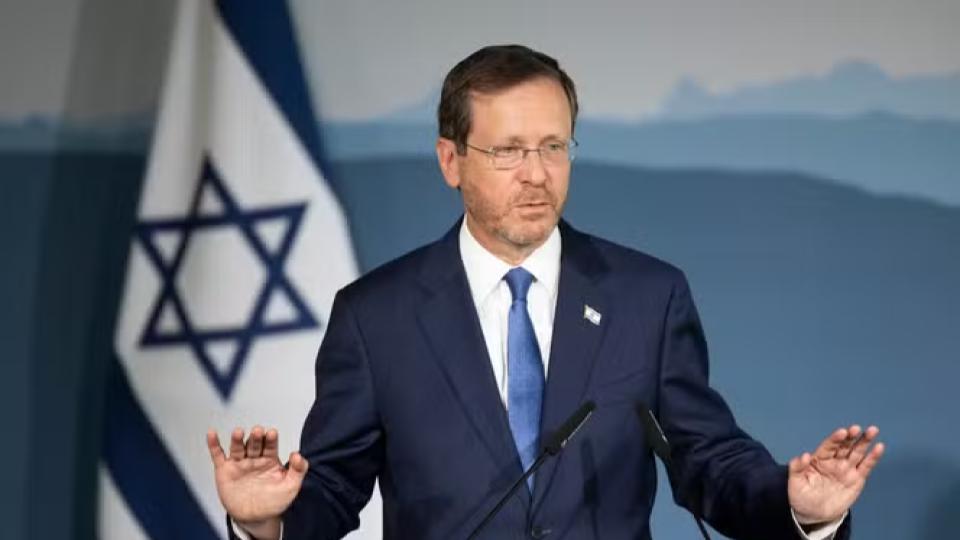
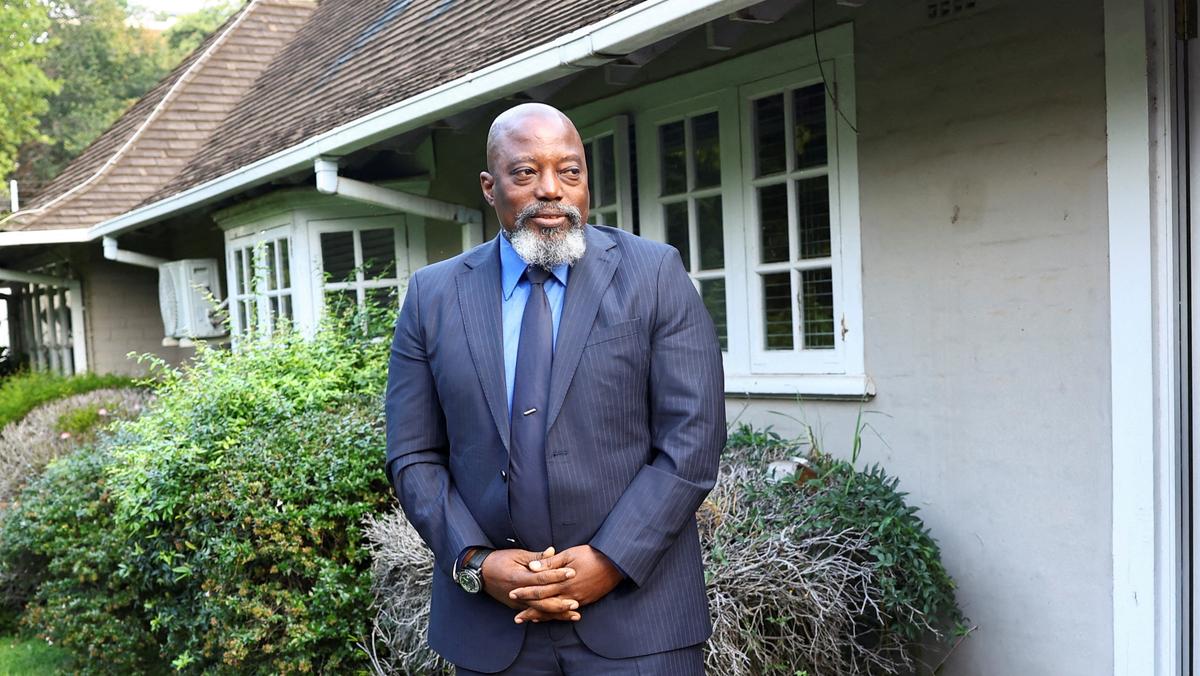



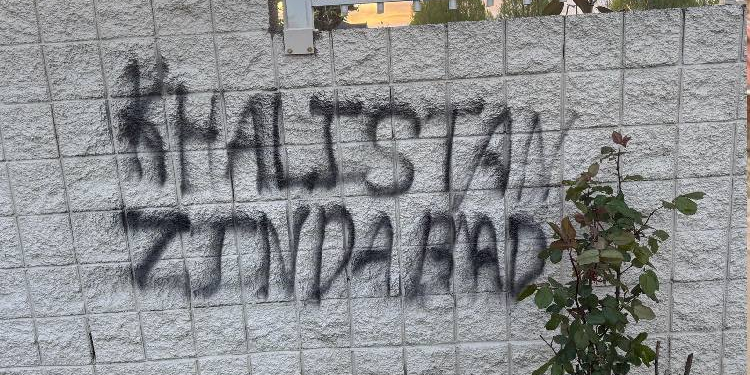




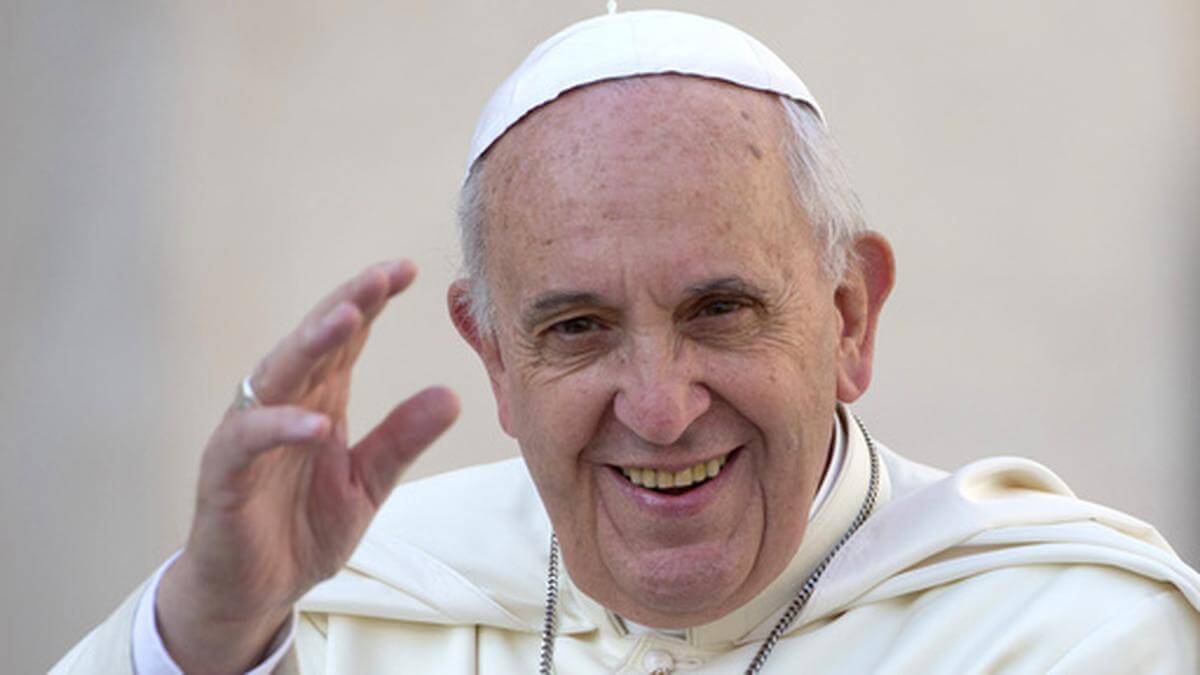
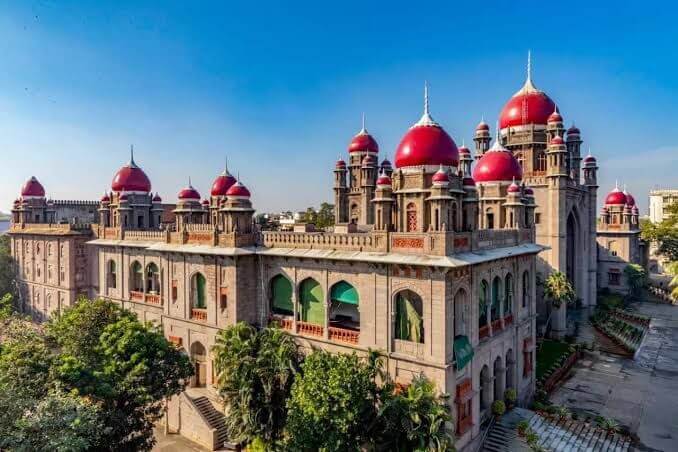
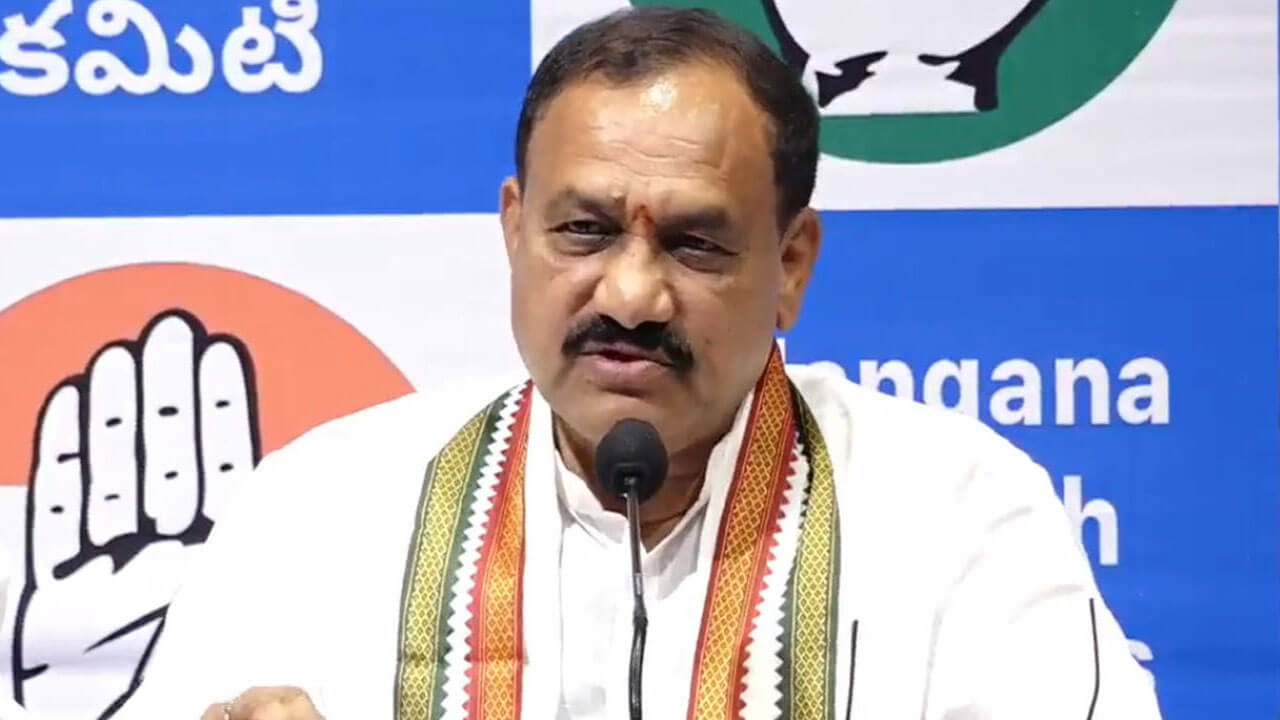

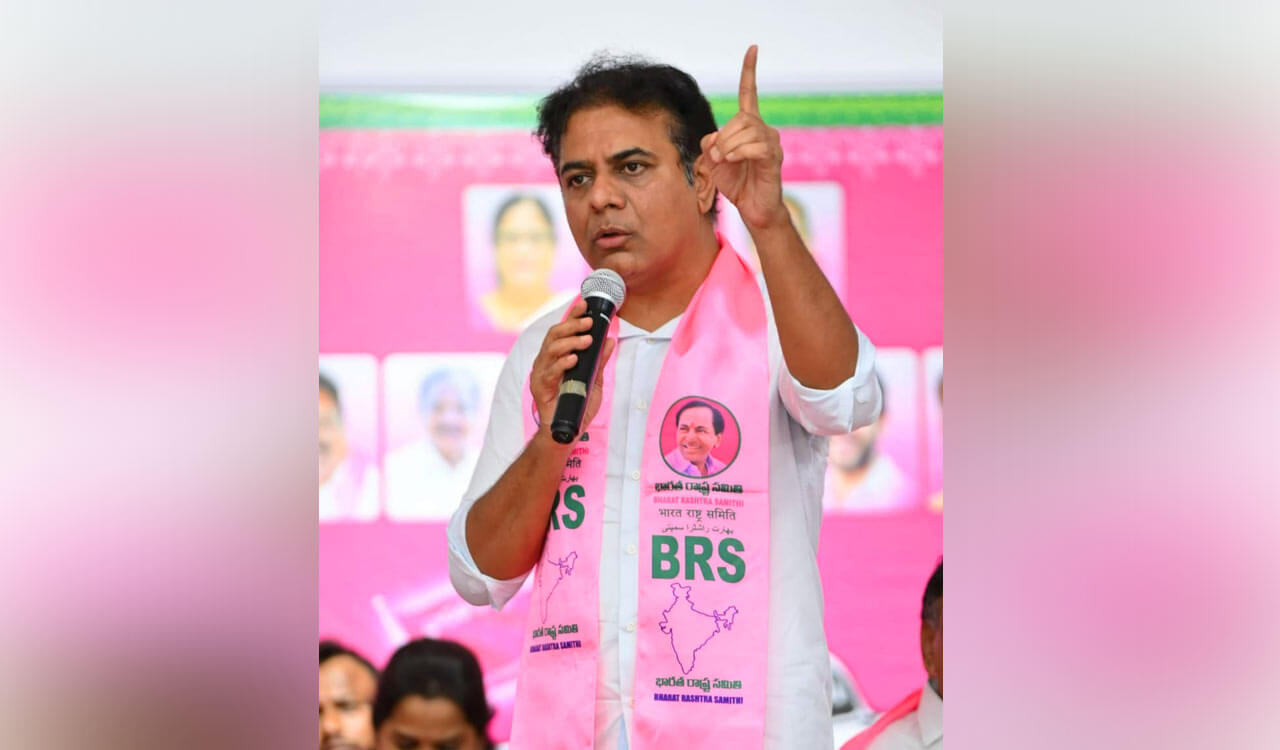



.jpg)
.jpg)
.jpg)
.jpg)

















